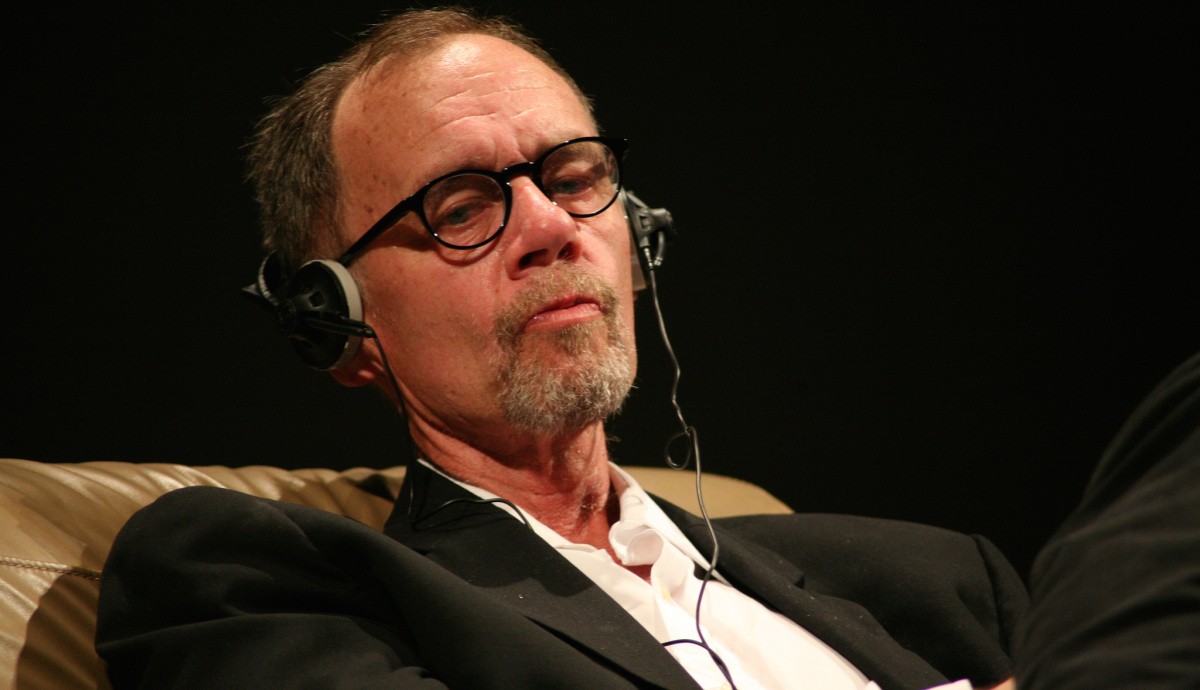It is sad and apt that David Carr, arguably the snappiest turtle inside the New York Times newsroom, died on the job at the age of 58. Only hours before, he’d been moderating a panel with Edward Snowden, Laura Poitras, and Glenn Greenwald. He had ascended to the nation’s foremost newspaper after a rocky battle with crack cocaine and alcohol that he chronicled in his journalistic memoir, The Night of the Gun.
Perhaps it was this personal odyssey, revealing the way that Carr weaved empathy and accuracy into a bright and highly readable bow, that helped mint David Carr as the journalist you could trust. He was a vivacious reporter who could be counted on to follow through with an opinion and cross-examine it, whether it meant contacting Jayson Blair to remark upon Mike Daisey’s theatrical deceit or gently implicating Julian Assange’s dramatists long after the Wikileaks founder had become a punchline.
Carr never had to exaggerate or embellish a detail, whether it was about himself or a subject. He was committed to finding the idiosyncratic absurdities in the real world and he had the stamina and the fortitude to hunt his stories down honestly, no matter how long it took. Where other critics opted for the nuclear takedown or the overly fawning profile, Carr carried out his columns with a fine finesse that rarely tilted to either extreme. He had a nail-hard knack for pounding rivets into people he liked and advocated, such as in this 1999 assessment of Washington Post writer Henry Allen:
Florid? His ledes have more bouquets than a Mafia don’s funeral. Overwritten? Twelve monkeys couldn’t kick up this much racket. But it’s astonishing stuff, the kind of writing that makes you leave the morning coffee untouched. Allen’s probably not going to get a Pulitzer, but he deserves some kind of goddamn medal for arguing all of those wacked-out tales past his editors.
And he turned this highly scrutinizing eye to himself in his remarkable book, The Night of the Gun, posting documents and video interviews on a website to hold himself accountable.
Carr’s sudden and surprising death not only serves as a vital reminder for journalists to do their best work today, but reveals how much the Times relied on Carr’s maverick energy. What other rocket can travel so fluidly between the Times‘s dowdy atmosphere and the crackling human universe? What reporter can possibly replace him?
The answer, of course, is nobody.
